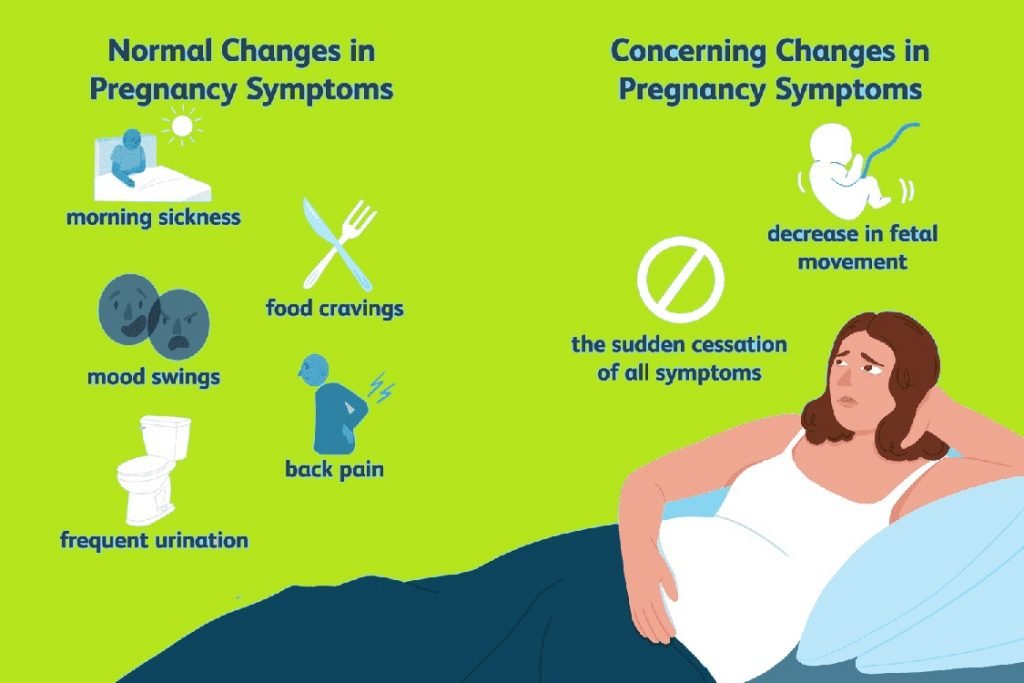
MORNIG SIKNESS, A Rising Concern.

Morning sickness is one of the most common symptoms experienced by pregnant women, typically during the first trimester. Despite its name, morning sickness can strike at any time of the day or night and can range from mild nausea to severe vomiting. Understanding the symptoms, causes, diagnosis, and treatment options can help pregnant women manage this condition effectively. Among the various treatment options, natural remedies like ginger and Vitamin B6 have gained popularity for their effectiveness in alleviating nausea and vomiting during pregnancy.
*Symptoms of Morning Sickness*
Morning sickness varies in severity from woman to woman. The most common symptoms include:
– *Nausea*: A persistent feeling of unease in the stomach, often triggered by specific smells, tastes, or even thoughts.
– *Vomiting*: Episodes of vomiting can occur, sometimes frequently, depending on the severity of the condition.
– *Food Aversions*: Certain foods or smells may suddenly become intolerable, even if they were previously enjoyed.
– *Increased Salivation*: Some women experience an increase in saliva production, which can contribute to feelings of nausea.
– *Fatigue*: Constant nausea and vomiting can lead to physical exhaustion and a lack of energy.
*Causes of Morning Sickness*

The exact cause of morning sickness is not fully understood, but several factors are believed to contribute to this condition:
1. *Hormonal Changes*: During pregnancy, the body undergoes significant hormonal changes, particularly an increase in human chorionic gonadotropin (hCG) and estrogen. These hormonal shifts are believed to play a role in triggering nausea and vomiting.
2. *Increased Sensitivity to Smells*: Pregnancy can heighten a woman’s sense of smell, making her more sensitive to odors that might trigger nausea.
3. *Blood Sugar Fluctuations*: Low blood sugar levels, which are common in early pregnancy, can contribute to feelings of nausea.
4. *Stress and Fatigue*: Physical and emotional stress, coupled with the fatigue of early pregnancy, can exacerbate symptoms of morning sickness.
5. *Gastrointestinal Changes*: Pregnancy can slow down the digestive system, leading to increased stomach acid and discomfort, which can also contribute to nausea.
*Diagnosis of Morning Sickness*
Morning sickness is typically diagnosed based on symptoms alone. However, in cases where the symptoms are severe or persist beyond the first trimester, further evaluation may be necessary to rule out other conditions, such as:
– *Hyperemesis Gravidarum*: This is a severe form of morning sickness that leads to extreme nausea and vomiting, weight loss, and dehydration. Unlike regular morning sickness, hyperemesis gravidarum often requires medical intervention, such as IV fluids or medications, to manage the symptoms.
– *Other Gastrointestinal Issues*: In some cases, gastrointestinal disorders unrelated to pregnancy, such as gastroenteritis or peptic ulcers, can mimic morning sickness. A healthcare provider may recommend blood tests, urine tests, or imaging studies to rule out these conditions.
*Treatment of Morning Sickness*
While morning sickness can be uncomfortable, several treatment options can help manage the symptoms:
1. *Dietary Adjustments*:
– *Eat Small, Frequent Meals*: Instead of three large meals, try eating smaller meals throughout the day to prevent an empty stomach, which can trigger nausea.
– *Avoid Trigger Foods*: Identify and avoid foods or smells that exacerbate nausea.
– *Stay Hydrated*: Sipping water or clear fluids throughout the day can help prevent dehydration, especially after vomiting.
2. *Lifestyle Changes*:
– *Rest and Relaxation*: Fatigue can worsen nausea, so getting plenty of rest is essential.
– *Acupressure*: Some women find relief from nausea by applying pressure to specific points on the body, such as the wrist (acupressure wristbands are available for this purpose).
– *Fresh Air*: Getting fresh air and avoiding stuffy environments can help reduce nausea.
3. *Medications*:
– In severe cases, a healthcare provider may prescribe anti-nausea medications that are safe for use during pregnancy. Commonly prescribed medications include doxylamine-pyridoxine, metoclopramide, and ondansetron.
4. *Natural Remedies*:
– *Ginger*: Ginger is a well-known natural remedy for nausea. It contains active compounds like gingerols and shogaols that are believed to enhance gastrointestinal function and exert antiemetic (anti-nausea) effects.
– *How to Use Ginger*: Ginger can be consumed in various forms, including fresh ginger root, ginger tea, ginger ale, or ginger supplements (capsules or tablets). Pregnant women should consult their healthcare provider to determine the appropriate dosage and form of ginger that suits their needs.
– *Effectiveness*: Numerous studies have shown that ginger is effective in reducing nausea and vomiting during pregnancy. It is often recommended as a first-line treatment for mild to moderate morning sickness.
– *Vitamin B6 (Pyridoxine)*: Vitamin B6 is another natural remedy that has been shown to be effective in treating morning sickness.
– *How Vitamin B6 Helps*: Vitamin B6 is thought to help reduce nausea by affecting the central nervous system and balancing neurotransmitters that regulate mood and digestion.
– *Sources of Vitamin B6*: This vitamin is found in foods like bananas, avocados, nuts, seeds, poultry, and fortified cereals. However, in cases of morning sickness, a healthcare provider may recommend a Vitamin B6 supplement.
– *Recommended Dosage*: The typical dosage for Vitamin B6 to treat morning sickness is 10-25 mg, taken three times daily. It is crucial to consult a healthcare provider before starting supplementation to ensure the dosage is appropriate and safe.
*Ginger and Vitamin B6: A Powerful Combination*
Many healthcare providers recommend a combination of ginger and Vitamin B6 to combat morning sickness. These two remedies work through different mechanisms, making them a powerful duo for alleviating nausea and vomiting during pregnancy.
– *Why Combine Ginger and Vitamin B6?*: Ginger acts on the digestive system, while Vitamin B6 works on the nervous system, providing a comprehensive approach to managing morning sickness symptoms.
– *Supplements*: Some prenatal supplements combine ginger and Vitamin B6, offering a convenient option for pregnant women. These supplements should only be taken under the guidance of a healthcare provider.
*Conclusion*
Morning sickness, though common, can be a challenging aspect of early pregnancy. Understanding its symptoms, causes, and treatment options can empower pregnant women to manage their symptoms effectively. Natural remedies like ginger and Vitamin B6 offer safe and effective relief for many women, either alone or in combination. However, it’s important to consult a healthcare provider before starting any new treatments, especially during pregnancy, to ensure the safety and well-being of both mother and baby.
By incorporating dietary adjustments, lifestyle changes, and natural remedies into their daily routine, pregnant women can find relief from morning sickness and enjoy a healthier, more comfortable pregnancy.




